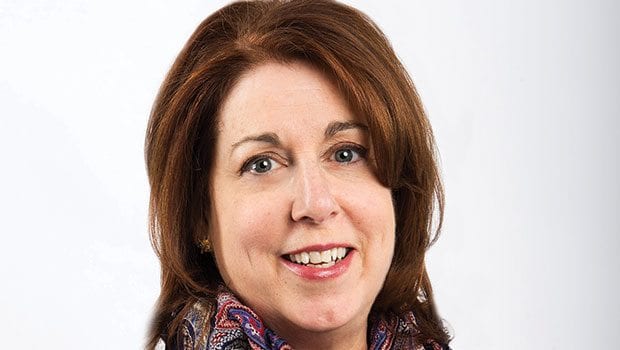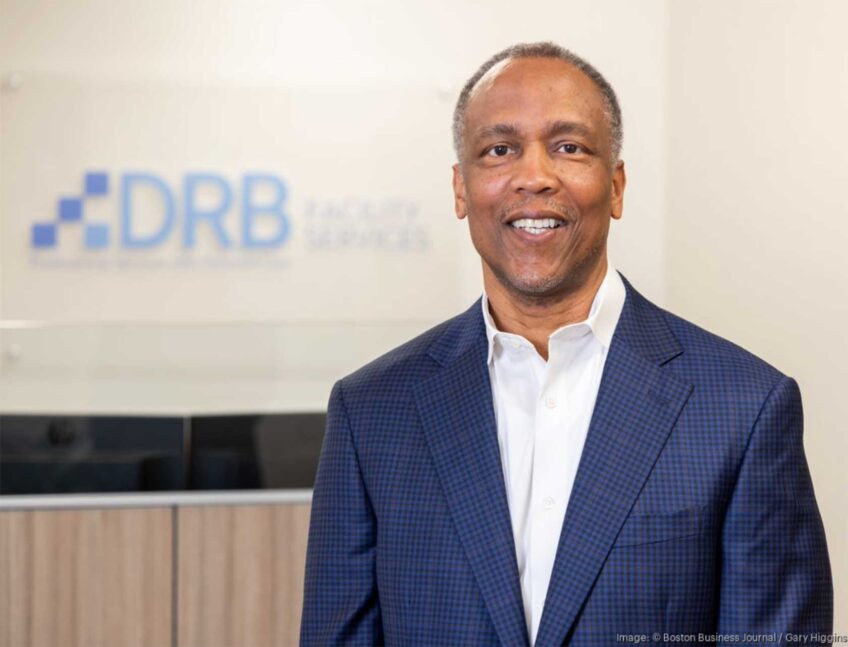Northeastern benefits agreement praised
Development deal includes economic boosters for women and people of color

Most colleges in Boston lay some claim to having an economic impact on the surrounding community. Northeastern University is no different, but the college’s most recent plans have city officials praising the school for raising the bar.
Over the last couple of years, NU has worked to develop a new master plan for the school that includes close to a dozen development projects to enhance its academic facilities, improve campus housing and add public spaces. But with the campus abutting five Boston neighborhoods — Fenway, Roxbury, Back Bay, the South End and Mission Hill — there were a lot of wary eyes on just what the university proposed to do and, most importantly, how it would impact the neighbors.
NU officials publicly established the priority of balancing resident concerns with the university’s need for expansion and the continued ability to bring investment to Boston.

Boston City Councilor Tito Jackson.
Boston City Councilor Tito Jackson was an ever-present watchdog during the more than a year-and-half of public meetings about Northeastern’s plans. Now with the master plan set and off and running — and with a community benefits agreement as part of it — Jackson approves of the plan.
“I am very pleased with the outcome of the community benefits agreement,” Jackson said. “It is now incumbent on us to make sure we hold to the agreement and monitor the agreement and make sure all aspects of the community benefits agreement are enforced.
“I think this community benefits agreement is the best we have seen in the city of Boston to date,” he added.
Jackson praises the $2.5 million revolving loan fund set up to help small businesses and entrepreneurs start or grow businesses, with an eye toward working with Northeastern. The university’s board approved the fund in January, which is being rolled out now.
He is also thrilled that Northeastern has committed to purchase locally the many goods and services the university needs. The university has committed to purchase 15 percent of what it needs from Boston-based, minority- and women-owned businesses.
In addition, Northeastern has said it will stick to strict guidelines as it builds and adds to the campus — over 50 percent of workers involved in these projects must be from Boston, 40 percent must be people of color and 10 percent women. Lastly, 30 percent of the subcontractors must be minority-owned businesses and 10 percent women-owned businesses.
Jackson sees jobs and economic benefit from all that Northeastern has committed to, which is a great thing for the surrounding neighborhoods. He also said that what Northeastern has agreed to should be required throughout Boston and he hopes other universities will take note. Boston’s colleges and universities need to act like they are part of the city and not just entities on their own.
“It is critical that these schools not only contribute from an education perspective but also use their significant purchasing power to help local small business grow,” said Jackson.
Good citizenship
By the Numbers
Northeastern has said it will stick to strict guidelines as it builds and adds to the campus:
15 percent: Northeastern University has committed to purchase 15 percent of what it needs from Boston-based, minority- and women-owned businesses.
50 percent: Over 50 percent of workers involved in these projects must be from Boston
40 percent: Forty percent of workers must be people of color
10 percent: Ten percent of workers must be women
30 percent: Thirty percent of the
subcontractors must be minority-owned businesses
10 percent: Ten percent of the subcontractors must be women-owned businesses
Kathy Spiegelman, Northeastern’s vice president and chief of campus planning and development, said that the school always takes into consideration the surrounding neighborhood in its plans, but the meetings with the community for the most recent master plan really hammered home just how worried people are about issues such as unemployment. It also reinforced the widespread view that Northeastern should help.
And Spiegelman stressed Northeastern listened to the pleas for work and more jobs.
“We are committed to try and increase the amount of work we are doing with the local community and local small businesses,” she said.
Of course it is not as simple as that, Spiegelman explained, because many small businesses are not ready to handle working with a giant institution like Northeastern.
So the school has set up workshops and events to help local businesses prepare to do business with the university.
“If you have a startup or you have had a business for a while, but haven’t been able to win a contract with Northeastern or other big institutions in Boston, we can teach you what you have to do to get this work,” said Spiegelman.
She is on the same page with Jackson in the belief that Boston’s big universities should be part of turning around the economic situations in the communities that border them. For her, an issue in the neighborhood around Northeastern is an issue for the university as well.
“We want people in the community around us to be part of the success of Northeastern and have it be their success as well,” she said.
John Tobin, Northeastern’s vice president for city and community affairs, believes that some people in surrounding neighborhoods feel this way, but it is important to keep up the dialogue between the school and surrounding institutions, businesses and leaders so more do.
“The biggest thing is the constant conversation that goes on and it is not just something that happens when we need something,” Tobin said.
At a school well known for its cooperative work program — which has students out working at businesses in their fields of interest as part of their education — Northeastern has great ambassadors in its students during their time spent in off-campus employment.
But according to Tobin there are numerous activities by both students and faculty that impact the surrounding neighborhoods. Business students working with local restaurants help improve business operations and systems and law school students provide local small businesses with free legal services.
Northeastern’s influence spreads far and wide throughout the city and school officials appear committed to making sure the presence is welcome and not intrusive.
“We have built a team here where it is Boston first and our neighborhood first,” Tobin said.






